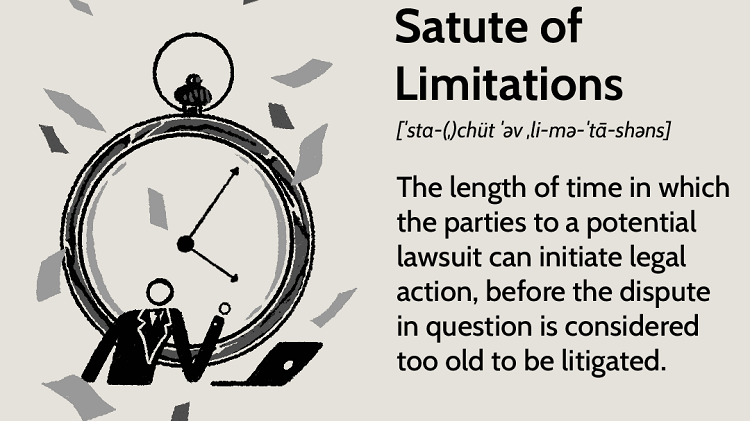Understanding Crumbley Parents: How to Adapt and Thrive”

As a parent, we all want the best for our children. We strive to provide them with love, support, and guidance to help them grow into happy and successful adults. However, not all parents have the same approach when it comes to raising their children. Some parents may be strict and demanding, while others may be more relaxed and lenient. In this article, we will explore the world of crumbley parents – those who struggle to maintain control over their children’s lives. We will delve into their parenting style, the benefits and challenges that come with it, and how you can adapt to thrive in such an environment.
Introducing the Crumbley Parent
Have you ever met a parent who seems to constantly be on the verge of falling apart? Maybe they’re always frazzled, forgetful, or easily overwhelmed. This type of parent is often referred to as a “Crumbley Parent.”
The term “Crumbley Parent” was coined by psychologist Dr. Ross Greene in his book “The Explosive Child.” According to Dr. Greene, Crumbley Parents are those who struggle with executive functioning skills such as planning, organization, and time management. As a result, they may have difficulty keeping up with the demands of parenting and daily life.
While it can be challenging to navigate relationships with Crumbley Parents, it’s important to remember that they are doing their best with the tools they have. In this article, we’ll explore the characteristics of Crumbley Parents and offer strategies for adapting and thriving in these relationships.
The Crumbley Parenting Style
The Crumbley Parenting Style is characterized by a lack of structure, inconsistency, and unpredictability. These parents often struggle with setting boundaries and enforcing rules, leading to a chaotic household environment. They may also have difficulty following through on consequences for misbehavior or providing consistent emotional support.
While this parenting style can be challenging for children who thrive on routine and predictability, there are some benefits to the Crumbley approach. Children raised by Crumbley Parents may develop strong problem-solving skills as they learn to navigate unpredictable situations. They may also have a greater sense of independence and self-reliance as they learn to adapt to changing circumstances.
However, it’s important to note that the drawbacks of the Crumbley Parenting Style can outweigh these benefits. Children may struggle with anxiety or insecurity due to the lack of structure and consistency in their lives. Additionally, without clear boundaries and consequences for misbehavior, children may struggle with impulse control and decision-making skills.
Overall, understanding the Crumbley Parenting Style is crucial for both parents and children in order to adapt and thrive in this type of household environment.
The Benefits of the Crumbley Parenting Style
As challenging as it can be to deal with a Crumbley parent, there are actually some benefits to this parenting style. One of the main advantages is that children of Crumbley parents tend to be independent and self-sufficient. This is because they have had to learn how to take care of themselves from a young age, due to their parent’s lack of involvement or attention.
Another benefit is that Crumbley parents often allow their children more freedom and autonomy than other parents might. While this can sometimes lead to negative consequences, such as risky behavior or poor decision-making, it can also help children develop a strong sense of responsibility and accountability for their actions.
Overall, while the Crumbley parenting style may not be ideal, it does have its positive aspects. By understanding these benefits, we can better appreciate the unique challenges and opportunities that come with having a Crumbley parent.
The Challenges of the Crumbley Parenting Style
Parenting is a challenging task, and it becomes even more complicated when dealing with a Crumbley parent. The Crumbley parenting style is characterized by inconsistency, unpredictability, and lack of structure. Children raised by Crumbley parents often struggle with anxiety, low self-esteem, and behavioral problems.
One of the biggest challenges of the Crumbley parenting style is the lack of stability. Children never know what to expect from their parents, which can lead to confusion and insecurity. This inconsistency can also make it difficult for children to develop healthy relationships with others as they struggle to trust others due to their unpredictable upbringing.
Another challenge of the Crumbley parenting style is the lack of structure. Without clear rules and boundaries, children may feel lost or unsure about how to behave in different situations. This can lead to behavioral issues such as acting out or becoming overly dependent on others for guidance.
Overall, understanding the challenges associated with the Crumbley parenting style is crucial for anyone looking to adapt and thrive in this environment. By recognizing these challenges and learning how to navigate them effectively, children can develop resilience and coping skills that will serve them well throughout their lives.
adapting to the Crumbley Parenting Style
Adapting to the Crumbley Parenting Style can be a challenging task, but it is not impossible. The first step towards adapting is to understand that the Crumbley parent’s behavior is not personal. It is their way of expressing love and concern for their children. Once you understand this, it becomes easier to deal with their overprotectiveness and micromanaging tendencies.
One effective way of adapting to the Crumbley Parenting Style is by setting boundaries. This means communicating your needs and expectations clearly while also respecting theirs. It may take some time for them to adjust, but with patience and consistency, they will eventually learn to trust your judgment and give you more freedom.
Another important aspect of adapting is learning how to communicate effectively with your Crumbley parent. This involves using “I” statements instead of “you” statements when expressing your feelings or concerns. It also means actively listening to their perspective without getting defensive or dismissive.
In conclusion, adapting to the Crumbley Parenting Style requires patience, understanding, and effective communication skills. By setting boundaries and learning how to communicate effectively, you can build a healthy relationship with your Crumbley parent while still maintaining your independence and autonomy.
Conclusion
In conclusion, understanding the Crumbley parenting style is crucial for anyone who has a parent or is a parent themselves. While this parenting style can be challenging, it also has its benefits. By adapting to the Crumbley parent’s communication and behavior patterns, it is possible to create a healthy and positive relationship with them. Remember that every parent has their own unique style, and by understanding and accepting these differences, we can learn to thrive in any family dynamic. With patience, empathy, and an open mind, we can navigate through the challenges of the Crumbley parenting style and build strong relationships with our loved ones.


